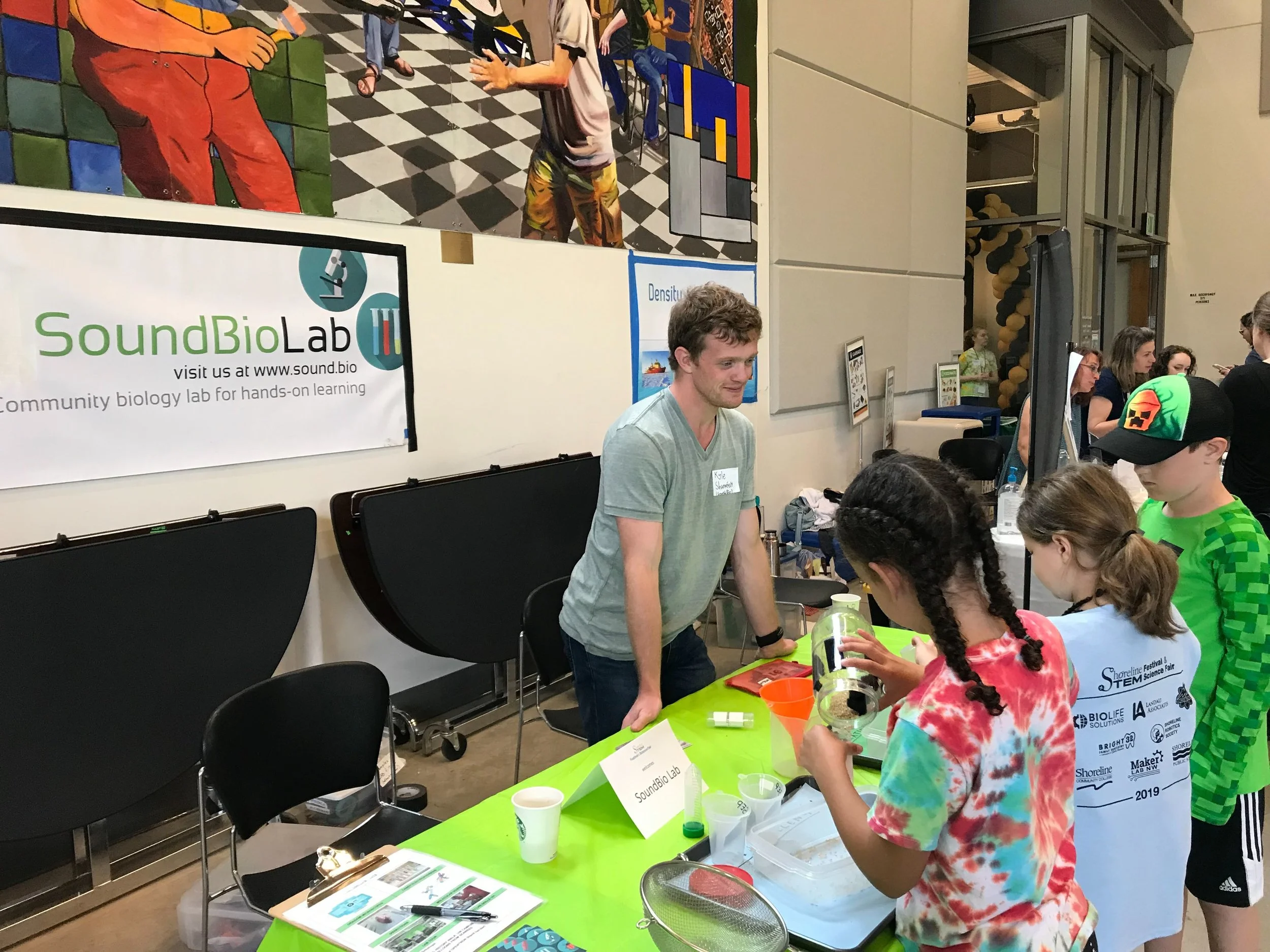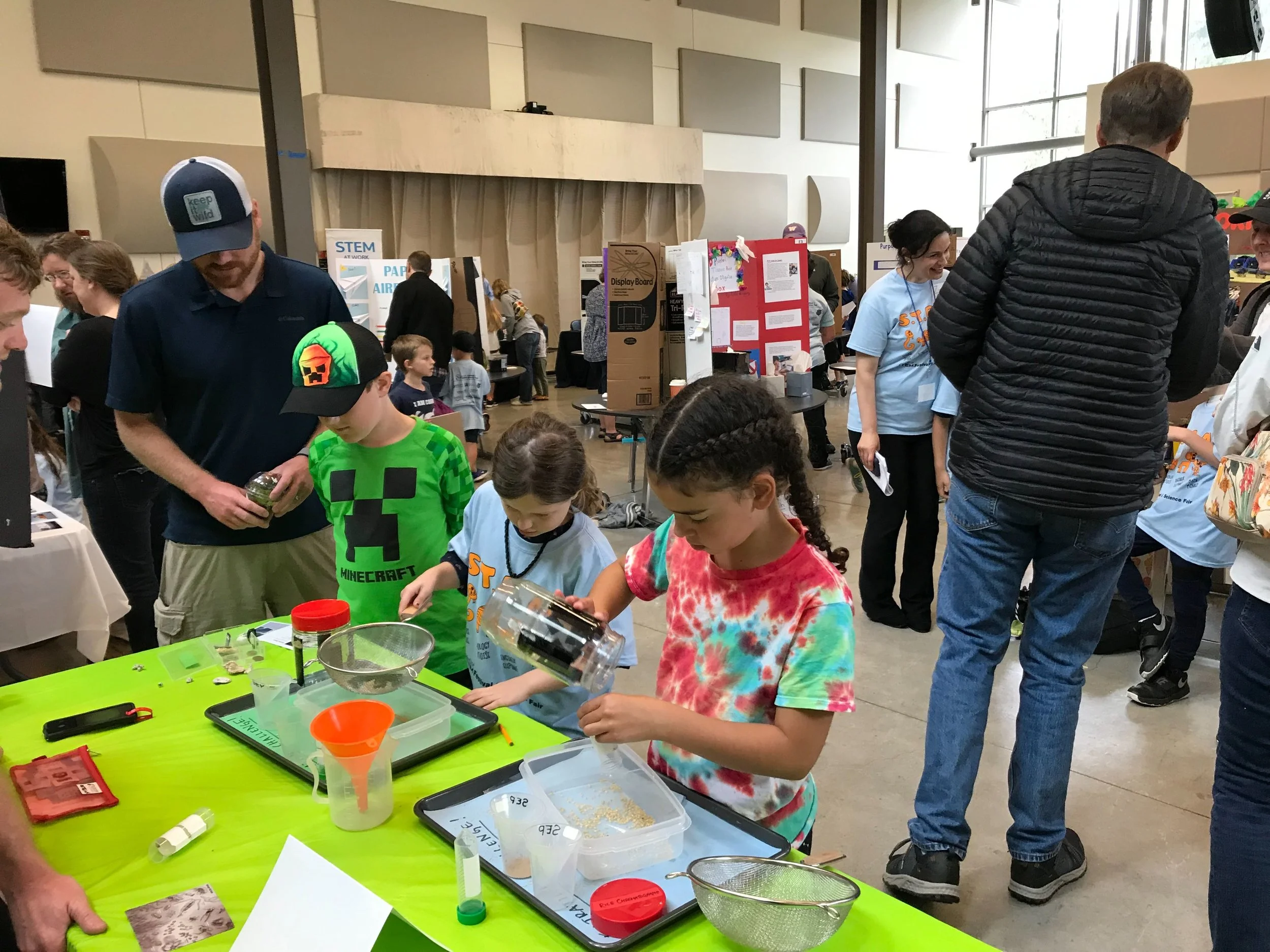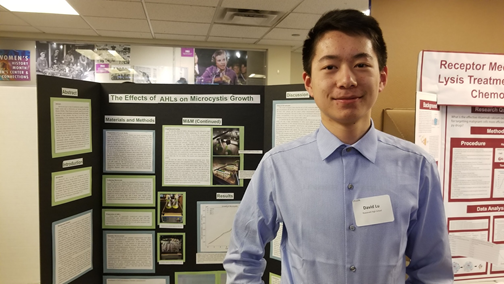I moved to Seattle in 2007 after I earned my PhD in microbiology and molecular genetics from Michigan State to pursue a post-doc in Dr. Sauro’s lab at the University of Washington. While at UW, I studied a variety of things, including the evolutionary stability of genetic circuits and developing novel DNA assembly methods for synthetic biology. This work led to a job at Matrix Genetics where I was a manager in their synthetic biology group. We were responsible for developing synthetic biology techniques used to genetically alter bacterial strains. At the time I was an avid homebrewer and interested in pursuing brewing science as a possible career path. Matrix Genetics ended up closing shop, so I decided that was as good a time as any to start a business.
Without SoundBio, what were the key barriers that would've prevented you from being able to attempt your project?
Everything! Rent, lab space, and of course equipment. I would have had to pay thousand(s) a month to have a lab space because a standard office space wasn’t an option. It needed to be a lab….so really, it was the only financially viable option that included access to lab equipment.
What impact from your Sleight Brewing work are you most proud of during your time running it at SoundBio?
Finding a unique yeast strain that other people can use to make great beer. I can now go to a brewery, order a beer, and know that it was fermented with my own strain. That is very exciting and cool. It was possible because I could do brewing science at SoundBio.
How did SoundBio help with your transition between jobs?
SoundBio played a huge role! It allowed me to make a modest income after my unemployment ran out and to pursue a brewing science hobby at the same time. It meant I did not have to move out of the city or take a horrible job, just to pay the bills. It gave me some breathing room, and a runway of sorts, to take time to assess a new market (without a huge upfront financial investment that required investors). It was really an unknown entity, starting this business. As I see it, there were two options:
1) develop a hot new technology and then go after investors...or
2) leverage my science background, do something I know how to do & make money immediately
The 2nd choice was obvious given my financial constraints. There was too much risk and uncertainty with option 1, not to mention the time frame would likely be years.











































































